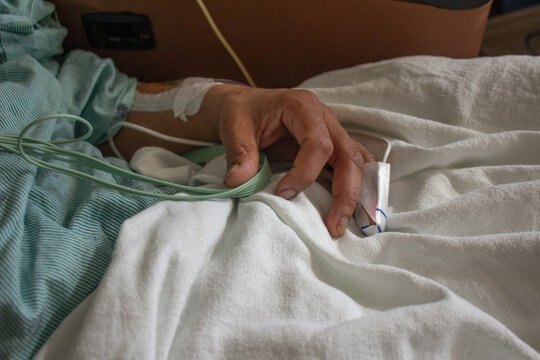Scotland researchers have made a major breakthrough in the fight against bowel cancer, especially in young people.
A new study has found that bowel cancer cells can “shapeshift” into skin or muscle cells, helping them spread more easily around the body.
The study, led by experts from the University of Edinburgh and the Cancer Research United Kingdom (UK) Scotland Centre, found that bowel cancer cells can change their form.
These cells can start acting like skin or muscle cells, which helps them survive and move to other parts of the body. This change in cell type is known as cellular plasticity.
Normally, cells in the bowel stick to their original role. But in aggressive cases of cancer, these cells lose their identity and become more like skin or muscle cells, which are stronger and tougher. This helps the cancer grow and spread more easily.
Read Also: Rising IBD cases tied to urban life, diet, common medications – Experts
The research team also looked at a gene called Atrx, which is linked to fast-spreading bowel cancer. When this gene is lost, the cancer is more likely to travel from the bowel to places like the liver, lymph nodes and diaphragm.
Dr. Kevin Myant, one of the main researchers, said it is important to understand how bowel cancer spreads, especially with more young people being affected. He explained that stopping the cells from changing shape could help make current treatments work better.
Dr. Patrizia Cammareri, another lead scientist, added that skin cells are built to survive harsh conditions. So, if cancer cells copy them, it may help them spread through the body more easily.
What is bowel cancer
Bowel cancer is the second biggest cause of cancer deaths in the UK, with around 16,800 lives lost each year. In Scotland alone, about 4,000 people are diagnosed every year.
New studies also show that bowel cancer is rising in people aged 25 to 49 in many countries, with young women in Scotland and England seeing the fastest increases.
Dr. Catherine Elliott from Cancer Research UK said this discovery could lead to better ways to stop cancer from spreading, which is often when it becomes most dangerous.
According to the Independent report, the study has been published in the science journal Nature and received funding from the Medical Research Council and the European Research Council.
It also supports the CRC-STARS programme, which brings together over 40 experts to find kinder and more effective treatments for bowel cancer.



